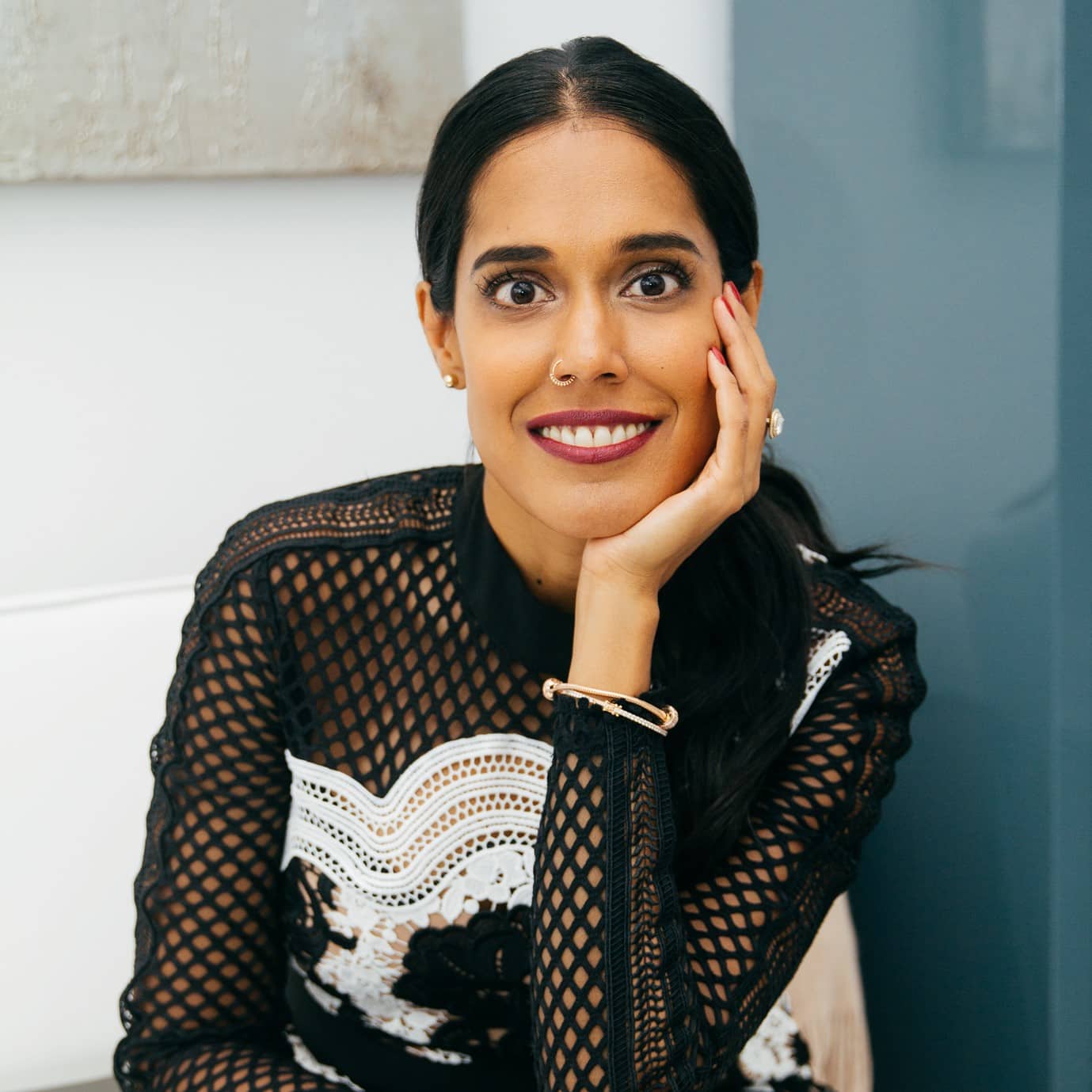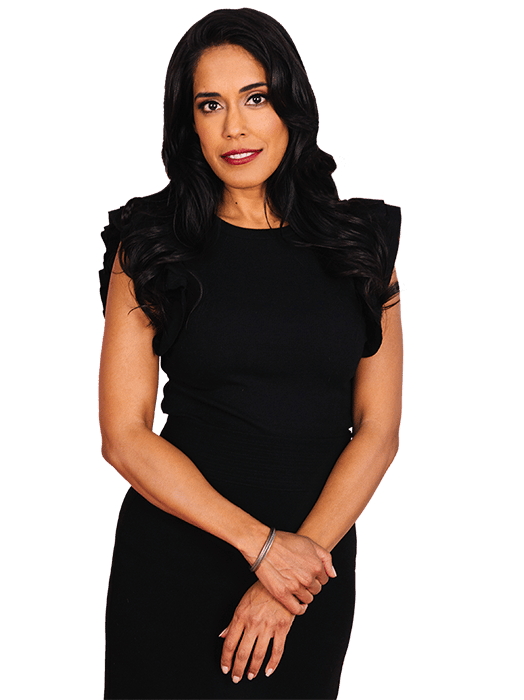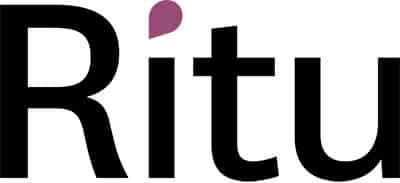
We’re living in a difficult time.
The openness of elected officials in voicing hatred has opened the door to more visible white-supremacist activities, misogynistic behavior, homophobia, transphobia, and more — and unfortunately, this is just some of what we’ve seen.
But we’ve also seen the Black Lives Matter and #MeToo movements, which have inspired hope that we can create a better world despite everything that’s swirling around us.
What also brings me hope is the outpouring of “I want to stop this hate” messaging from people who want to do better to support those of us who are feeling the sting of oppression. As a diversity expert, I’m repeatedly being asked, “What can I do to help?”
I’m grateful for this because we need strong allies in the fight against hate, racism, misogyny, discrimination, and supremacy. It’s not enough — and, in fact, adds insult to injury — to have marginalized people carry the load when it comes to interrupting oppression. Allies are critical to creating real change.
But what does being an effective ally actually look like? Here are a few things you can do to better interrupt racism, hate, and discrimination with your own actions.
1. Love and Accept Yourself
I’ve talked about how self-love is a foundational building block for an inclusive world. I can’t emphasize enough how critical self-love is in healing our own wounds, which is the clutch for creating a more inclusive society.
At first it might sound strange that turning your gaze inward can create change for others. But here’s one of the most important messages I can leave you with: we hate others because we don’t love ourselves. We fear others’ differences because we fear our own differences. And ultimately, we don’t love ourselves and we fear our own differences, because others hate on us. It’s a vicious cycle that can only be interrupted by self-love. Only by loving ourselves unconditionally — which means embracing our own authenticity, including our differences — will we be able to recognize, understand, and value others’ differences.
2. Speak Less, Listen More
One of the most powerful things that you can do as ally is to listen when people share their experiences with oppression. And when I say listen, I mean the act of deeply taking in what others are sharing with you.
We need people to hear us, hear our stories, and hear about the impact. Many of us feel silenced and have had our experiences downplayed or minimized throughout our lives. Making room for our voices, really hearing what we say, and believing our truths is critical for both understanding and change. (Here’s how to listen in an effective way.)
Also, know that asking questions is a critical part of becoming a better ally. But before you start asking away, take the time to do your own learning about oppression. This way, you can ask questions from a place of some knowledge to deepen your understanding. And when you ask (respectfully, of course, and only when the other person is comfortable with sharing) be prepared to primarily listen and affirm.
3. Use Your Voice to Challenge Hate
An effective ally uses their voice to speak out against hate. When you observe racism, sexism, or other forms of oppression — be it overt or unconscious, with actions or words, at work or at home — speak out.
It’s not enough for people on the receiving end of hate to call it out. Those with power and privilege must step up to do this as well. Doing so can be a powerful learning moment for yourself and for others.
4. Interrupt Your Biases
Every single one of us, without exception, has biases. And we need to know what our own biases are so that we can work on them.
Interrupting and owning your own part in racism, misogyny, and other forms of oppression is critical, and by changing your own behavior, you help to interrupt forms of overt and systemic oppression. Every action matters to help dismantle supremacy.
Not sure where to start? I suggest Harvard’s IATS — an online tool that can be very eye-opening about the unconscious biases we hold about others, and about our own identities — or my Empower Page about identifying your biases.
5. Be Resilient and Have Humility
Even when you’re working your hardest to be an ally, you’re likely going to make mistakes. Somewhere along the way, you’ll probably end up saying or doing the wrong thing. (Happens to me all the time, and I teach inclusion for a living!)
Resilience and humility are key here. Acknowledge when you make a mistake, and apologize from your heart about the impact of your actions — but don’t let it stop you from continuing to learn and to support others. I’ve found that it’s important to approach each situation from the perspective of learning.
Sometimes we think that our individual actions alone don’t really matter or make a difference. But every drop in the ocean matters! Individuals really do alter the system, and by changing your behavior after today, your solidarity can make a difference.

I'm Ritu.
I’m an award-winning life coach, empowerment speaker, author, and inclusion expert dedicated to helping you live your best life.

Join MY COMMUNITY
Sign up for my mailing list to get free inspiration and tools straight to your inbox!
Top Posts

Dig deep into your journey to belong.
Be the first to learn about my authenticity and empowerment goodies and get them straight to your inbox.






